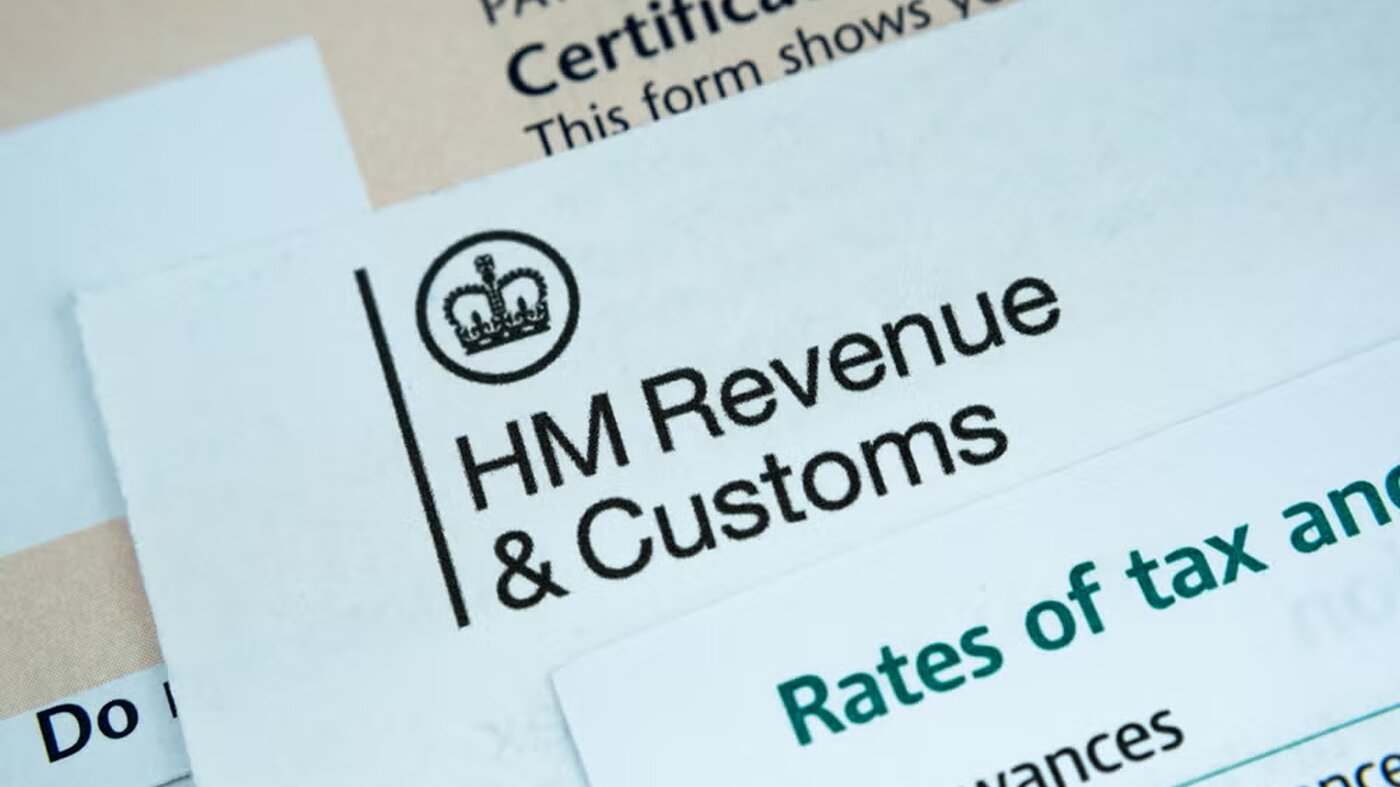HMRC introduces R&D tax relief panel
The UK’s tax authority has confirmed the appointment of six external experts to a new advisory panel, tasked with making the country’s R&D tax relief system fairer and more effective. The panel will meet regularly with HMRC officials and policymakers to offer advice on both technical and policy issues linked to R&D claims and relief administration.
This move follows ongoing calls from industry for greater transparency and consistency in the review of R&D tax claims.
Role and composition of the expert panel
The selected panel consists of individuals with diverse backgrounds including industry R&D, tax law, and consultancy. HMRC has stated that these specialists will provide independent viewpoints, helping to clarify definitions of qualifying R&D expenditure, assess evolving technology challenges, and support HMRC’s compliance efforts.
The panel will not have decision-making powers but will act as a technical and strategic resource for the department.
Background to R&D tax relief reform
The UK’s R&D tax reliefs have undergone significant changes in recent years, with HMRC working to address concerns about abuse of the system and inconsistent guidance.
In addition, there have been calls to streamline the relief framework to ensure that benefits reach genuine innovators and small businesses without undue complexity or delays. Recent government reviews and consultations have culminated in measures to modernise relief processes and strengthen compliance checks.
Industry and policy context
R&D tax relief plays a key part in the UK’s economic policy, seeking to encourage high-value activities, boost productivity, and drive private sector investment in innovation. The government has regularly reaffirmed its commitment to maintaining a competitive R&D environment, particularly in the post-Brexit context.
However, the relief system has faced criticism from businesses and advisers due to the perceived unpredictability of claim outcomes and increased scrutiny from HMRC.
Stakeholder and public response
Industry groups have generally welcomed the creation of the expert panel, viewing it as a sign that the government is prioritising dialogue with key stakeholders. Some commentators have called for the panel to focus on supporting smaller enterprises and providing greater clarity around eligible activities.
Others have emphasised the need for HMRC to deliver improvements without adding to administrative burdens for companies engaged in legitimate R&D.
Implications for UK innovation
The panel’s insights are expected to help shape future guidance, facilitate better compliance, and ensure that R&D reliefs remain fit for purpose. The success of this initiative will likely be measured by improvements in claim processing times, reduced instances of disputes, and the level of alignment with wider innovation policy.
Ultimately, effective reform of the R&D tax regime is seen as essential for maintaining the UK’s global competitiveness in science, technology, and high-tech manufacturing sectors.
Final Summary
HMRC’s launch of an expert panel to advise on the reform of the R&D tax relief system marks a significant development in the government’s effort to support innovation-led growth. By bringing together independent specialists, HMRC aims to enhance the clarity, consistency, and credibility of the regime.
Stakeholders will be watching closely to see whether the panel’s input translates into tangible improvements for UK businesses. For professionals seeking updates on evolving tax policy, the Pie app remains a useful resource for timely developments in this area.











